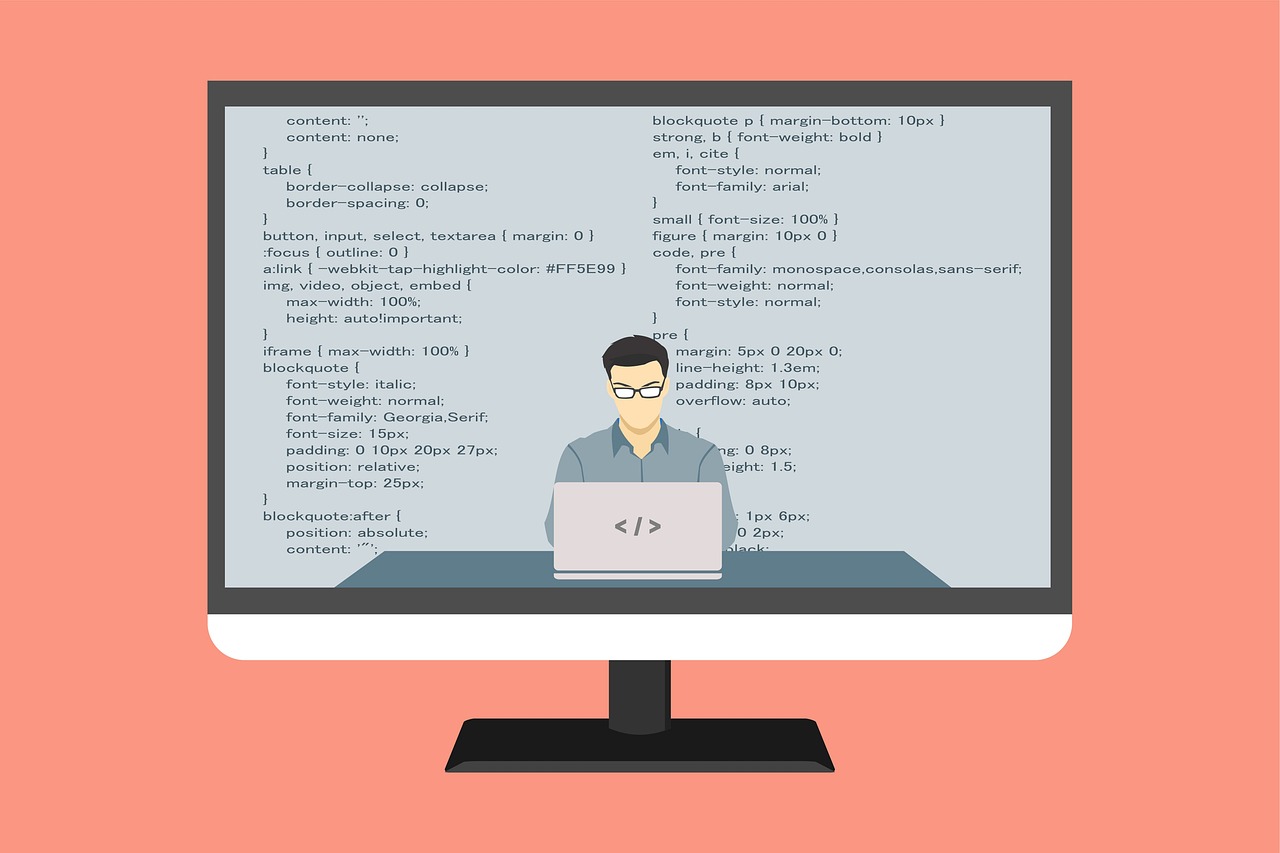
The Impact of AI on Business
Artificial Intelligence (AI) is transforming the business world. AI tools are essential for automating tasks, increasing productivity, and enhancing decision-making. They improve software development and manage large databases, making them vital for staying competitive. By adopting AI tools, businesses can streamline workflows, reduce errors, and explore new opportunities.
Top AI Tools for Software Developers
Here are 25 leading AI tools designed for software developers and businesses, highlighting their practical applications and benefits:
GitHub Copilot
GitHub Copilot helps developers by suggesting code snippets and completing functions based on natural language prompts. It’s great for writing boilerplate code and collaborating in real-time. However, it requires internet access and may sometimes provide inaccurate suggestions.
TabNine
TabNine enhances coding efficiency by predicting code snippets and offering real-time suggestions across various IDEs. It supports multiple programming languages and prioritizes privacy with local and cloud options. Some initial training may be needed to adapt its suggestions to individual coding styles.
Kite
Kite is an AI coding assistant that speeds up development in Python and JavaScript by providing real-time suggestions and error detection. It works offline, but its language support is limited to Python and JavaScript.
AWS CodeWhisperer
AWS CodeWhisperer suggests code and identifies vulnerabilities while automating documentation. It’s best for developers using AWS services.
DataRobot
DataRobot is a platform for building and deploying machine learning models, automating model development for various industries. However, its subscription costs may be high for smaller teams.
SonarQube
SonarQube analyzes code quality and detects bugs, integrating with CI/CD pipelines. It helps maintain high code standards but can be complex to set up.
Figma
Figma is a cloud-based design tool that allows real-time collaboration on UI/UX projects. AI plugins enhance design efficiency, but it requires stable internet connectivity.
Prisma
Prisma simplifies database management and supports scalable app development, although it is compatible with limited databases.
CodeScene
CodeScene visualizes code health and identifies issues, providing insights before changes are merged. Its advanced analytics may take time to interpret.
Codex
OpenAI’s Codex generates complex algorithms and translates code between languages. Developers should avoid over-reliance on it.
IBM Watson
IBM Watson offers a suite of AI tools for various industries, providing natural language processing and decision optimization. It can be complex and costly for smaller businesses.
Azure DevOps
Azure DevOps supports version control and project management, integrating well with Azure services. Its interface may be challenging for new users.
Visual Studio Code (with AI extensions)
Visual Studio Code is a popular code editor enhanced by AI extensions like GitHub Copilot and TabNine, which provide real-time suggestions and insights.
DVC (Data Version Control)
DVC manages large datasets and tracks experiments for machine learning projects, ensuring reproducibility but may have a steep learning curve.
Postman (AI Features)
Postman integrates AI for API development, automating testing and debugging processes. Beginners may find its features overwhelming.
Jupyter Notebooks (with AI Extensions)
Jupyter Notebooks support AI extensions for data visualization and collaborative coding, ideal for data science but not suited for production environments.
Snyk
Snyk identifies vulnerabilities in code and dependencies, automating security checks but may flag false positives.
DeepCode
DeepCode provides intelligent code reviews and detects issues across multiple languages, though it may miss context-specific problems.
Appen
Appen specializes in data labeling for AI training, ensuring high-quality datasets but can be costly for smaller projects.
Codacy
Codacy automates code quality checks and integrates with CI/CD pipelines, offering insights into maintainability and security.
Lobe
Lobe allows developers to train AI models without coding, ideal for image recognition but may be limiting for advanced users.
Anaconda
Anaconda simplifies package management for data science, providing pre-installed libraries but can be resource-intensive.
Codemagic
Codemagic automates CI/CD workflows for mobile app development, streamlining the build and deployment process.
Codemap
Codemap revolutionizes task management for development teams, using AI to streamline workflows and predict project timelines.
LaunchDarkly
LaunchDarkly manages feature flags, allowing teams to deploy and test features progressively, minimizing risks in releases.
Conclusion
AI is changing software development by automating tasks, improving code quality, and speeding up processes. Tools like GitHub Copilot and AWS CodeWhisperer help developers with real-time suggestions and bug detection. By integrating AI, businesses can enhance efficiency, reduce errors, and create innovative solutions, ultimately empowering developers to build better software.
If you want to evolve your company with AI, stay competitive, and leverage the Top 25 AI Tools for Software Development in 2025, connect with us at hello@itinai.com. For continuous insights, follow us on Telegram or @itinaicom.
Discover how AI can redefine your sales processes and customer engagement at itinai.com.


























